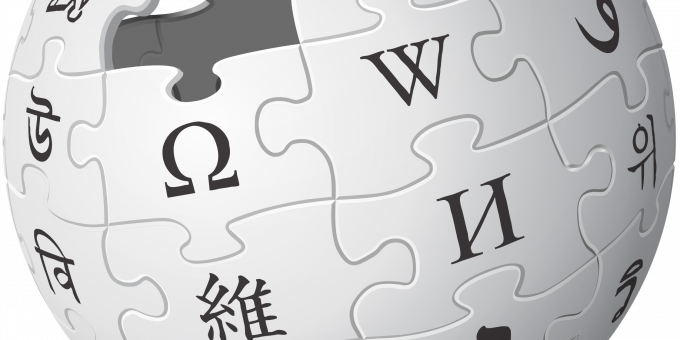
Wikimedia CC BY-SA 3.0, Nohat/PaullusMagnus
editing online communities
Have you heard of Stellar Skateboard? Likely not, in part because Wikipedia’s citizen gatekeepers keep a close eye on edits to actor Stellan Skarsgård’s page. Such hints about how digital technology has brought major changes to the ways information is controlled and shared have prompted researchers Moritz Bürger, Stephan Schlögl, and Hannah Schmid-Petri to study information control on Wikipedia.
In their piece, new in Social Networks, the authors examine a sample of 222 unique articles from the French and Spanish language versions of Wikipedia, focusing on networks of deletions among the site’s editors. Their findings indicate that highly active editors establish crucial reputations on the platform, helping to prevent their contributions from being deleted by other editors. Because these editors often view themselves as content creators rather than mere gatekeepers, they tend to be both hesitant to delete contributions made by other editors and comfortable deleting contributions made by “outsiders.” Users who engage with their peers via Wikipedia’s talk pages are less likely to delete others’ contributions, too. Additionally, the researchers report that many different editors occasionally engage in text deletion and reason that digital platforms’ information control likely involves collective, somewhat coordinated patterns that prevent single actors from independently assuming a gatekeeper role.
Even in decentralized, digital forums where the trappings of community seem absent, careful observers can see the workings of real-life gatekeeping around insider/outsider status. This raises profound questions about what digital communities are, what they can become, and whether they can (or should) transcend the social constraints of everyday life.
